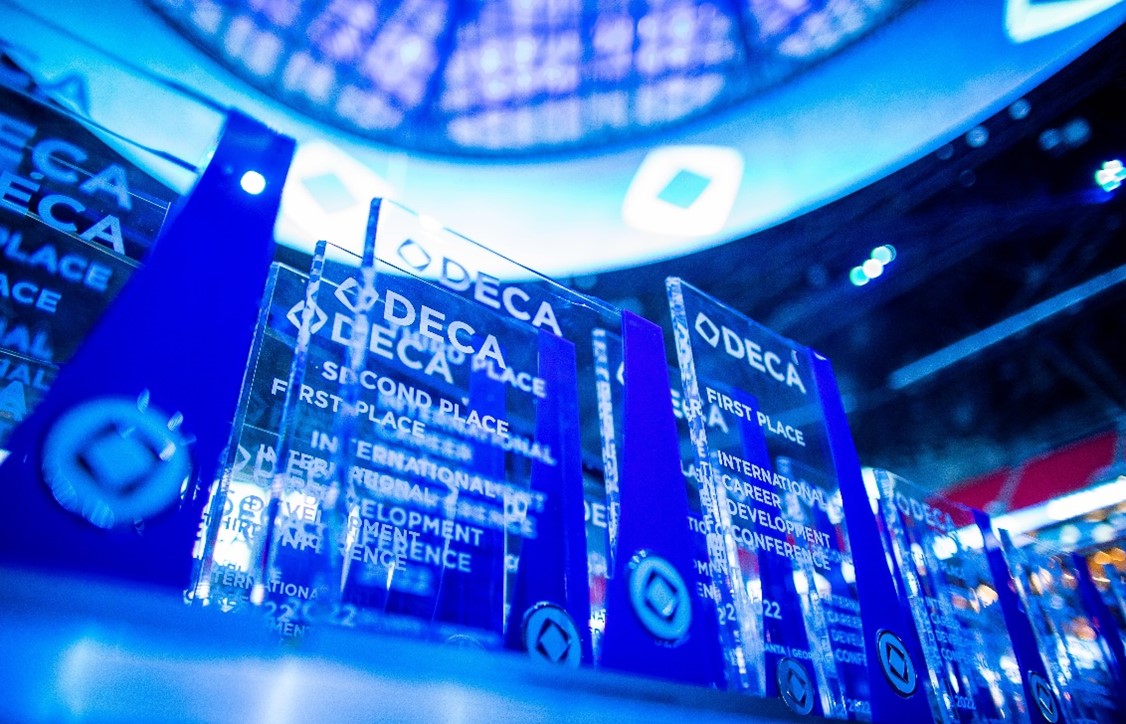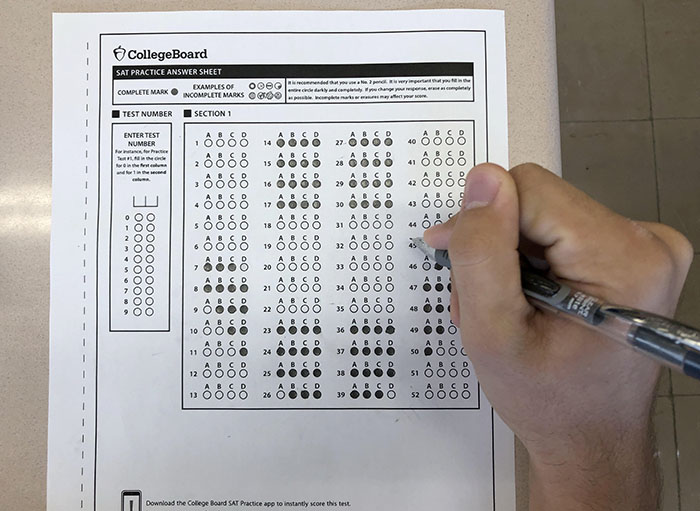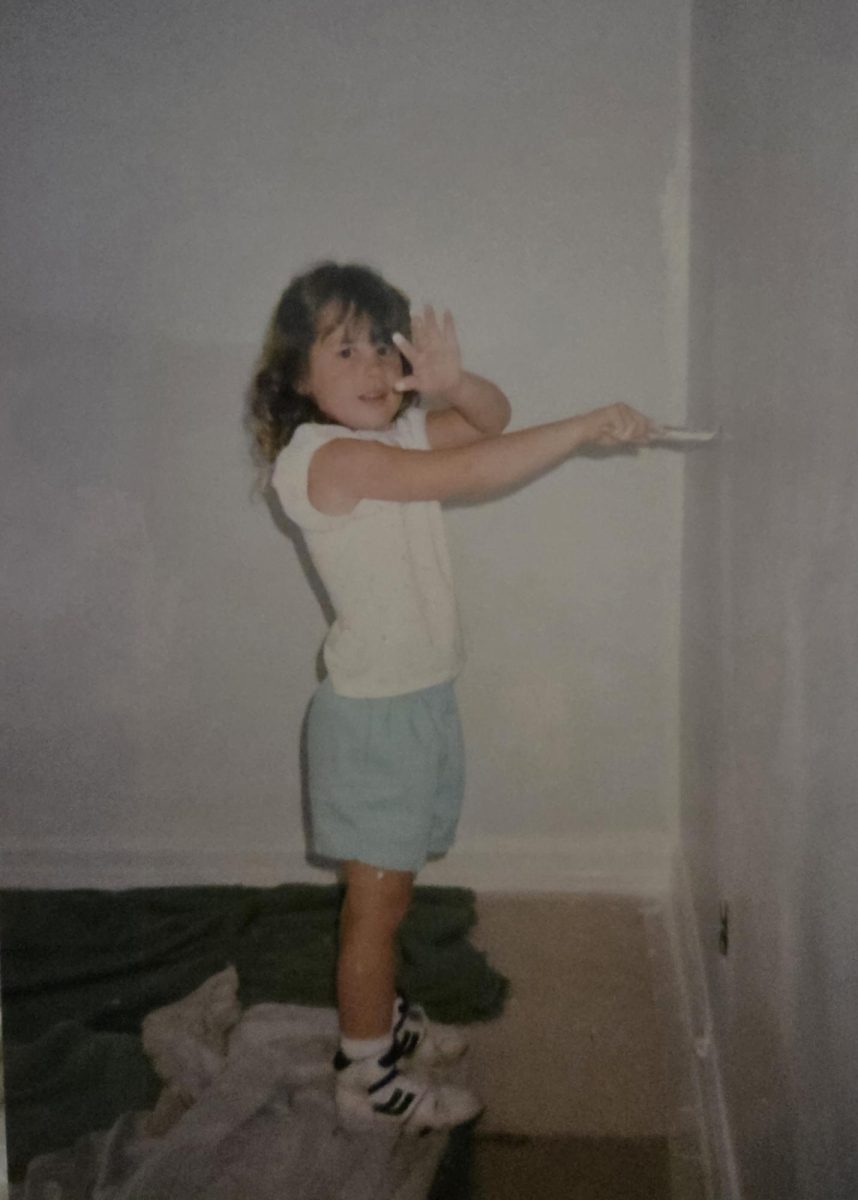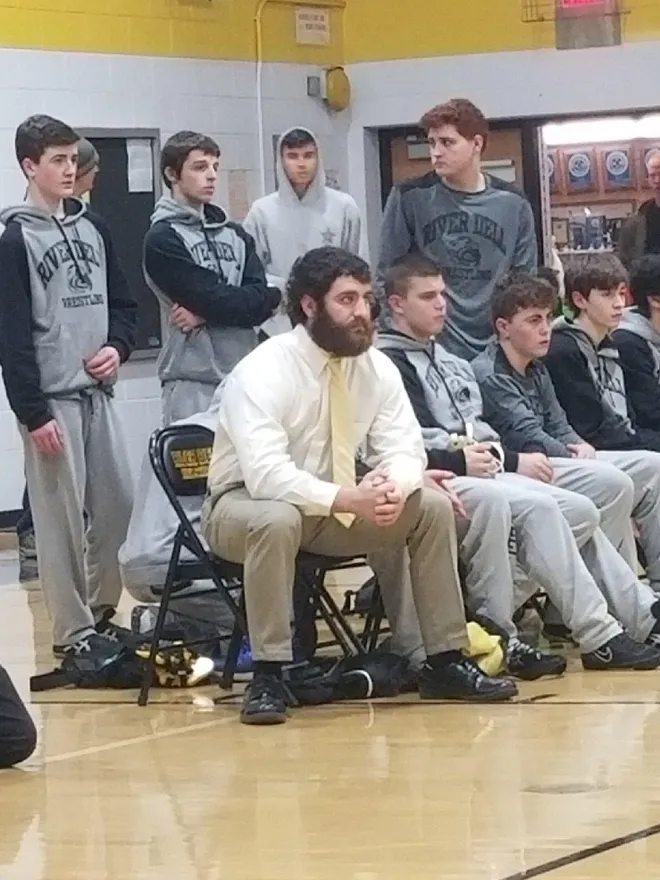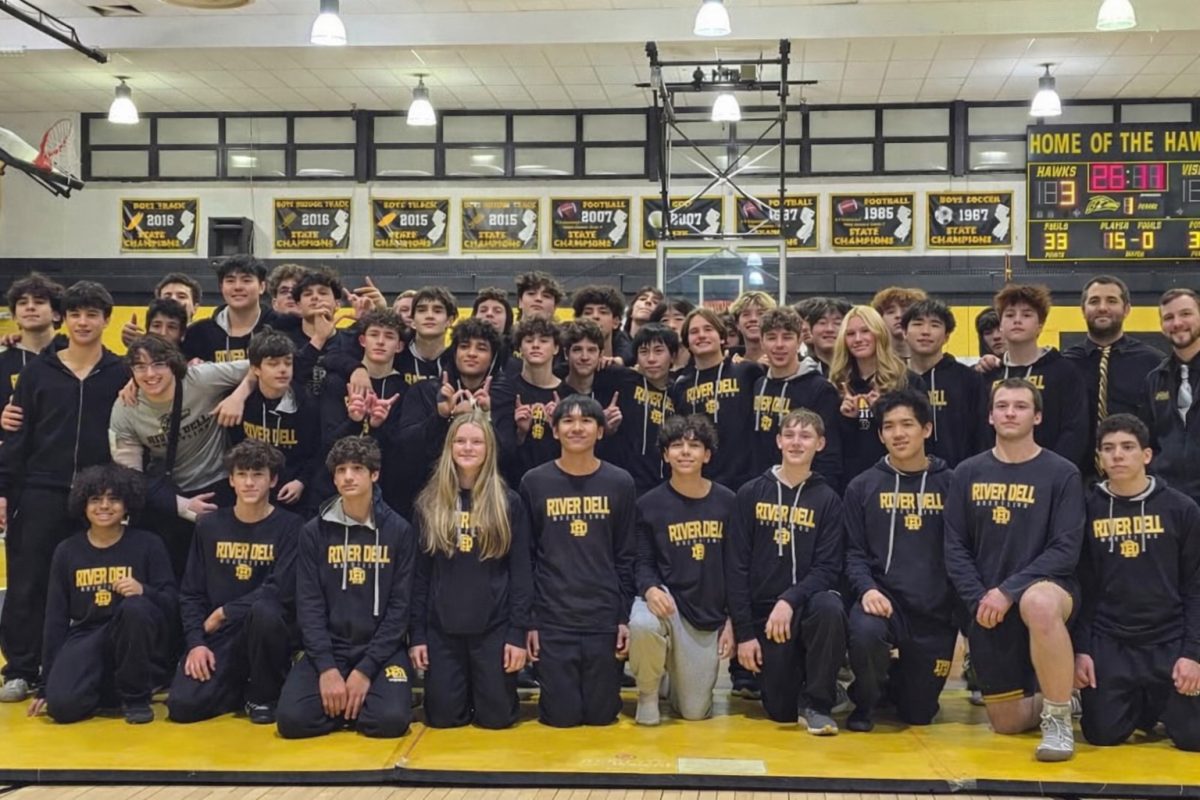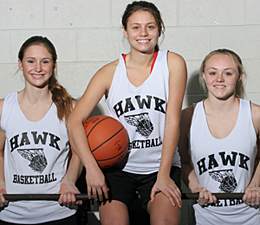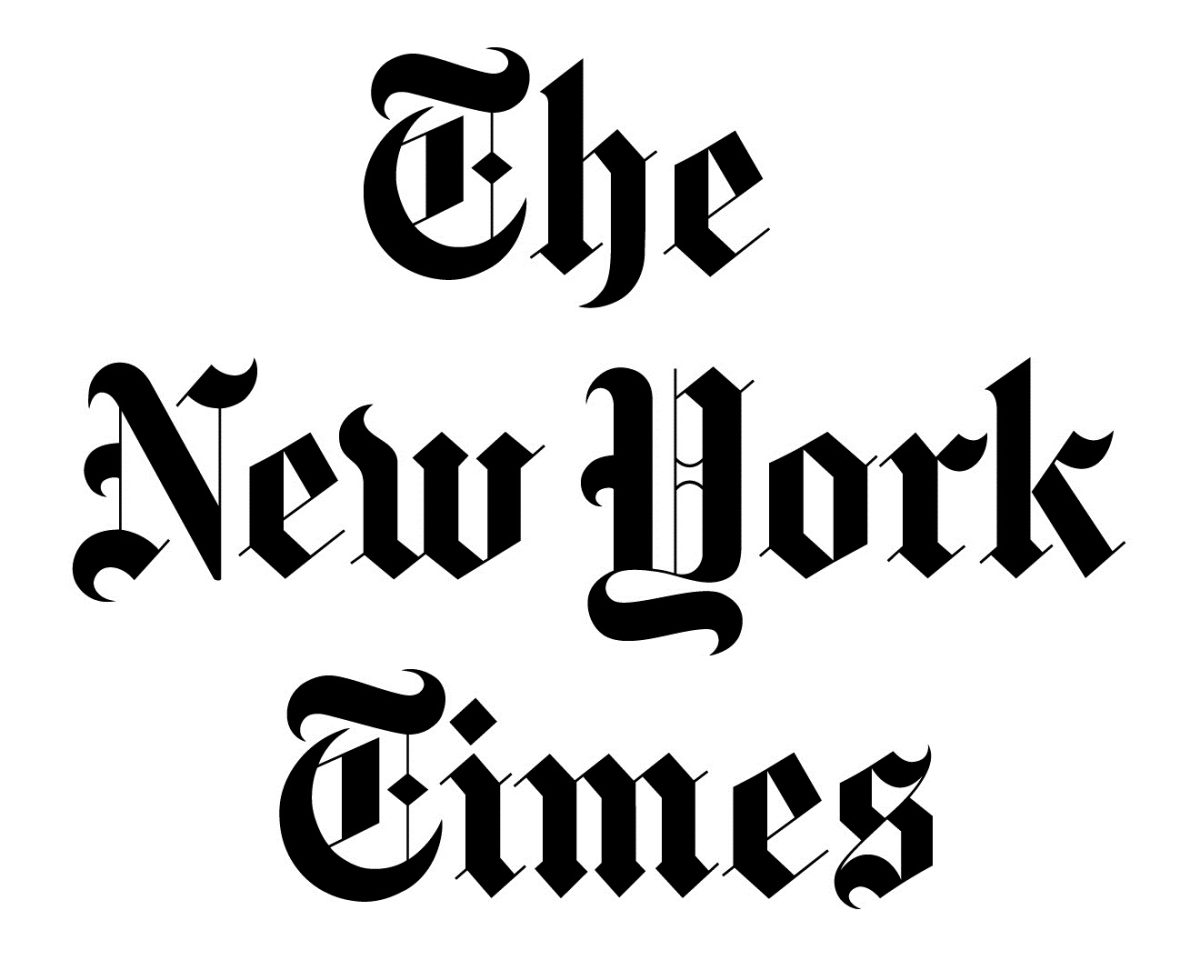At 1% probability there is a higher probability of getting into Harvard or a fatal overdose, which for the average individual, seem improbable.
But for Kayla Lee she was part of that 1% when in 2022 out of 12,448 participants she became one of 13 winners of the New York Times’ Narrative Contest.
Every year, the NYT hosts the NYT Contest Calendar, where high school students can compete in contests of art, language, research, and more, submitting pieces to judges panel of esteemed professionals.
For Mrs. Carney, an English teacher at River Dell High School, her classes began participating in this contest in 2019 because she believed that it was an amazing opportunity for her students to have an authentic audience beyond the teacher. She wanted her students to “learn the importance of crafting a piece, …. how to circle back, improve writing, think about your audience”.
For teenagers, who often disregarded in important world topics, this contest validates their work. Bria Kim, a senior, was one of the winners of the podcast contest in 2022, shared that her work on “Interchangeable Asian Awareness” led her to “take more action and seek out leadership positions in hopes of breaking stereotypes”. Even now, “not a day goes by” where she does not relive the impact of her work in everyday life, speaking on the importance of advocating for what you believe in.
Students were also able to broaden their own horizons, as topics that they had chosen to enter actually revealed a deeper meaning than what was originally intended. In the same podcast contest of 2022, students Johanna Lee, Esther Chung, and Juwon Yi decided to create a podcast about kimchi, a popular Korean side dish. Through their research, they were able to interview a professor in China, and with this conversations, they gained insight into the history of kimchi. What seemed to be a shallow story about vegetables actually led them into a deeper conversation about nationalism.
“We explore how significant a single food item can be in our podcast by interviewing our parents, and I believe that their sentiments are shared by many of us as well,” Lee revealed.
For teenagers, who find that their voices are often disregarded in conversations about important world topics, this contest validates their work, as Lee also shared that she “felt mostly proud of the final product since we managed to delve into the political significance of kimchi and the ongoing struggle for ‘soft power’, or cultural influence.”
Through these contests, Mrs. Carney also noticed that students found inspiration for their future careers: one going on to study journalism and another going on to intern at New York Times. Therefore, she urges students to keep speaking up through these contests. “It’s the world saying back to you: you matter, your voice matters! You’ve got something to share. You’ve got something to say”.
Errata: Mrs. Carney was previously misquoted. Her quotes are now accurate in the present article. 10/12/24 8:11 AM



